Iceland approved whaling season
As of September 1, 2023, Iceland officially approved the continuation of the whale hunting season following a temporary suspension that lasted from June of the same year. This decision has garnered significant attention, both domestically and internationally, raising numerous questions about the balance between economic sustainability and environmental protection.
Whale hunting in Iceland has a long tradition, dating back centuries. Data shows that an average of around 150 fin whales (Balaenoptera physalus), one of the largest whale species, are hunted annually. However, this practice has long been controversial, particularly due to concerns about marine ecosystem conservation and animal welfare. The Minister of Fisheries and Agriculture, Svandís Svavarsdóttir, announced that whale hunting would continue under strictly controlled conditions, with an emphasis on sustainability and adherence to international animal protection standards. The planned quotas and hunting techniques have been carefully reviewed to minimize negative impacts on whale populations and ensure the long-term sustainability of this practice.
Additionally, Icelandic fishermen have received further training on the latest methods that minimize animal pain and suffering. According to estimates, the quota for 2023 includes 209 fin whales and 217 minke whales (Balaenoptera acutorostrata), with a special focus on scientific monitoring of these species populations.
Nevertheless, the decision to resume hunting has been criticized by numerous international animal protection organizations, which have expressed concerns that continuing this practice could negatively impact global efforts to protect endangered species. The Whale and Dolphin Conservation (WDC) organization emphasized that, despite certain protective measures, whale hunting still poses a serious threat to the survival of these magnificent marine mammals.
Despite the criticisms, Icelandic authorities have stressed that whale hunting is part of the nation's cultural heritage, contributing to the economic well-being of rural communities. Additionally, representatives of Icelandic fisheries argue that whale numbers in northern waters are stable and that there is no risk of overhunting.
In conclusion, while the decision to resume whale hunting in Iceland remains controversial, authorities emphasize that they will adhere to all international standards to maintain ecological balance while simultaneously working to preserve a tradition deeply rooted in the culture of this island nation.

